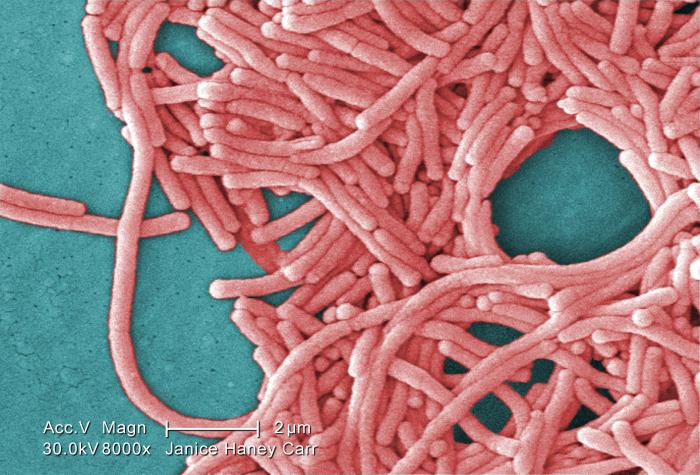
A new Royal Decree updating the prevention and control regulations of Legionnaires’ Disease in Spain, was approved on Tuesday, June 21.
According to Spain’s Ministry of Health, Legionnaires’ Disease or Legionellosis is a bacterial disease of environmental origin that usually presents two different clinical forms: pulmonary infection or Legionnaires’ disease, characterised by pneumonia with high fever; and the non-pneumonic form, known as Pontiac fever, which manifests itself as an acute febrile syndrome with a mild prognosis.
In both situations it can occur as outbreaks or isolated cases.
Legionella is an environmental bacterium capable of surviving in a wide range of physico-chemical conditions, multiplying at temperatures between 20ºC and 50ºC and growing between 35ºC and 37ºC.
Its natural ecological niche is surface water, such as lakes, rivers, ponds, forming part of its bacterial flora without ruling out seawater.
From these natural reservoirs, the bacteria can colonise supply systems and, through the water distribution network, it is incorporated into sanitary water systems (hot or cold) or other systems that require water for their operation, such as cooling towers.
The latest Royal Decree, which replaces the previous one from 2003, “contemplates the technical advances and improvements, new risk management measures and innovations necessary for greater control of installations or equipment susceptible to becoming sources of human exposure to the bacterium.”
Read more...







